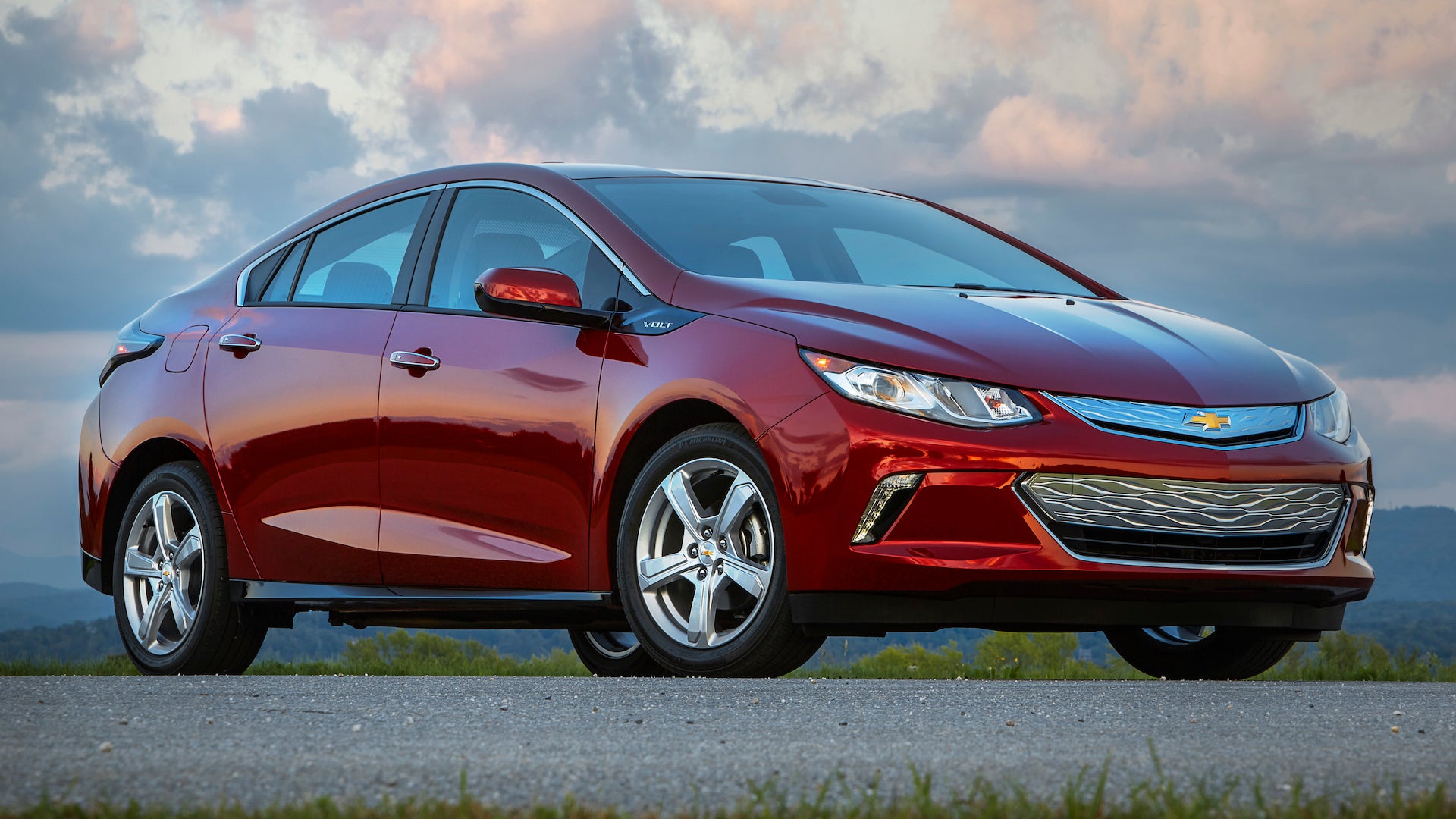- cross-posted to:
- technology@lemmit.online
- cross-posted to:
- technology@lemmit.online
GM Reverses All-In EV Strategy to Bring Back Plug-In Hybrids::The EV craze is butting up against limited demand, and it’s forcing General Motors to bring back hybrids in an almost total about-face.



I love my phev. I can go months without filling up but can take off on a trip without range anxiety
Not familiar with these newer hybrids, is this a plug in scenario or closer to the older Toyota hybrids where the battery recharges through driving?
Plugin Hybrid Electric Vehicle (PHEV). You get a bit of range straight ev, usually like 30 miles, then it switches over to traditional hybrid with gas engine. It’s the best of both worlds or the worst of both worlds depending on perspective.
Pepe who like them: You get an around town ev that is also a hybrid for roadtrips that can refill at gas stations and charge overnight on any old traditional wall plug. You save a pile of money on gas and can get a solid tax credit on the purchase.
Pepe who dislike them: You have to go to the gas station and you have to plug it in. You have maintenance of both powertrain systems which can be more expensive as it requires certified technicians to work with the higher voltage. Registration costs a ton. Their typically packed into traditional IC models (like an og jeep) making it pretty dense under the hood and the body is less efficient than a real high mpg IC car or straight EV.
I personally like them, but have been weary of them since we run our vehicles till the wheels fall off at 250,000 miles after 10 years and don’t know what the extended maintenance looks like for them.
Thanks for the in depth response explaining the pros and cons. I actually do most of my car work myself, having done time in a Honda dealership, but also with my time in there I still remember us oil techs not being allowed to work on the hybrids oil changes for that exact reason. They’d have to go to a higher tech with the experience working with them. I don’t think I would want to test my luck.
Plug in hybrid usually refers to a car that has some amount of purely electric range, charges like an EV, but after depleting its battery falls back into conventional hybrid mode where the battery is maintained to some level of reserve power using a gas engine. The Chevy Volt is probably the best example. I drive a Volt and all my daily commute is purely electric unless it’s super cold outside.
Thanks for the insight. I guess thats the P from PHEV, there’s just so many acronyms now I’m losing track.
It’s where the thermal engine has no connection to the drive train right?